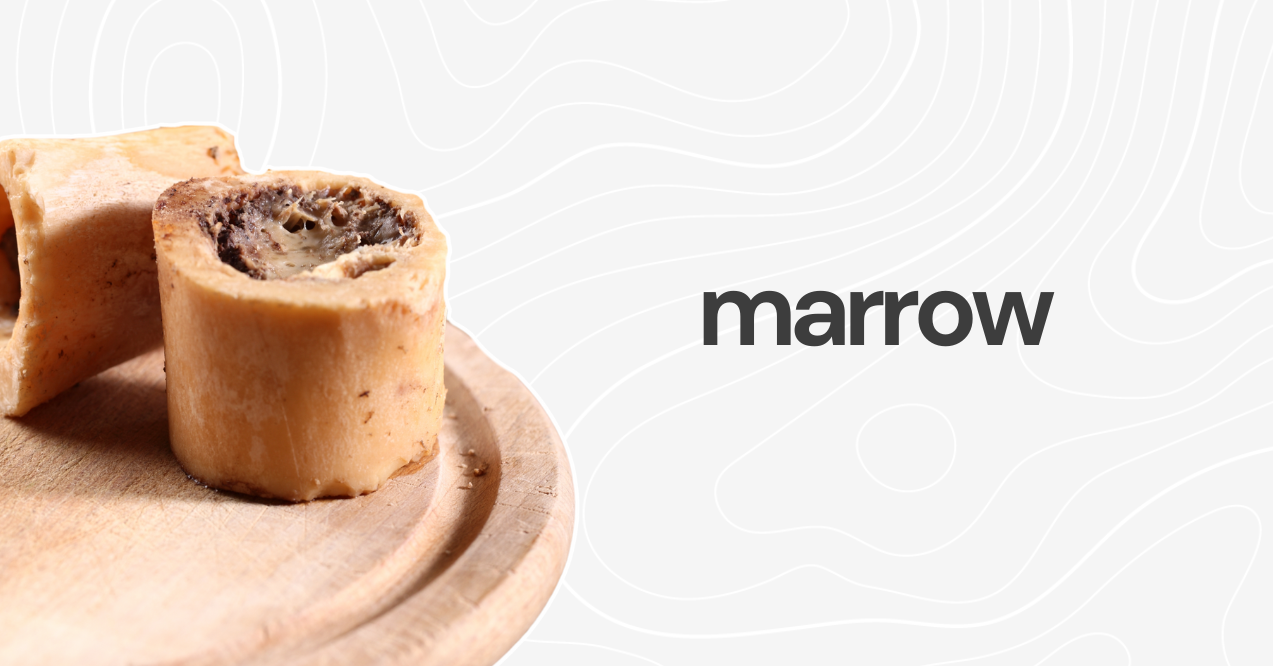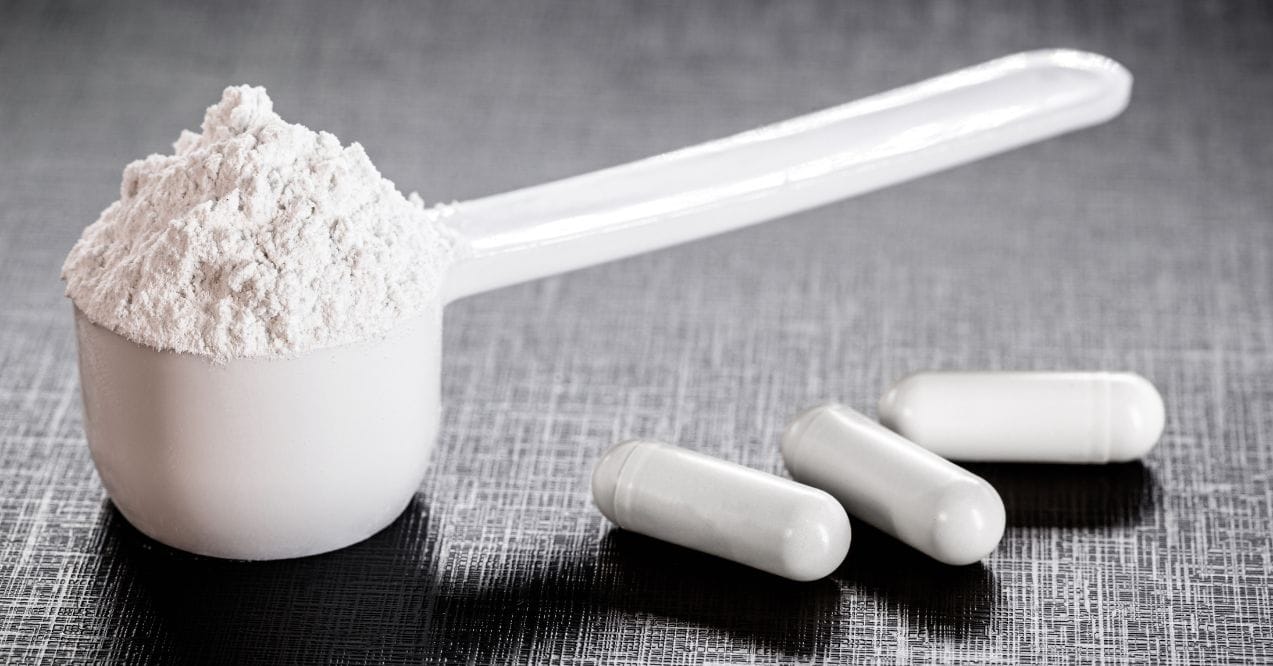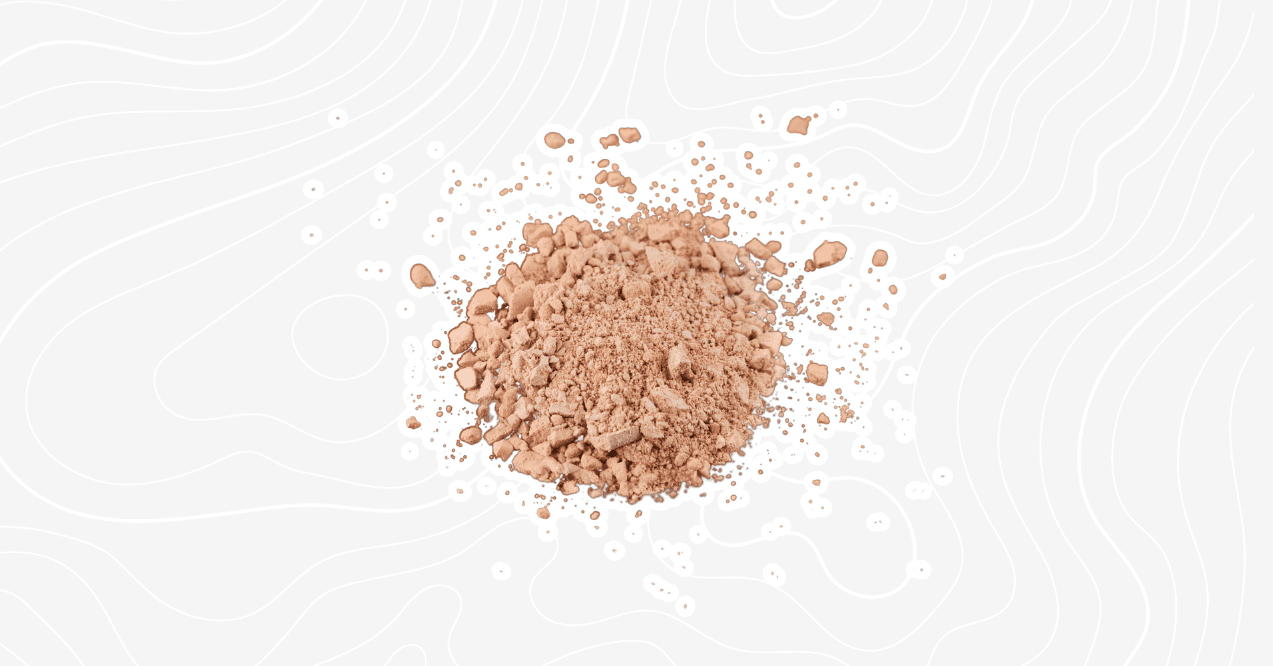How Much Collagen Is in Bone Broth?
How much collagen is in bone broth? This query has piqued the curiosity of health enthusiasts and culinary adventurers alike due the growing interest in bone broth supplements as an addition to our muscle gain stack in recent times.
Collagen, revered for its potential to rejuvenate skin, strengthen joints, and enhance overall well-being, has found a natural ally in bone broth, a traditional staple with a modern twist. But many also wonder, does bone broth break a fast? For those integrating fasting into their routines, our intermittent fasting calculator can help assess how to incorporate bone broth into a fasting plan without disrupting goals.
In this blog post, we’ll explore the intricate dance between these two powerhouses of nutrition. We’ll sift through the science, unravel myths, and provide clarity on what bone broth may genuinely offer
Key findings:

What is Collagen?
Collagen, the most abundant protein in the human body, serves as the scaffolding that holds us together, a veritable glue that maintains the structure and integrity of our skin, bones, muscles, and tendons. This remarkable protein is synthesized in our body, primarily by fibroblasts, specialized cells found in connective tissues. These cells weave together amino acids – the building blocks of proteins – derived from our diet, to form the triple helix structure that is unique to collagen.
This process, intricately regulated and reliant on essential nutrients like vitamin C, proline, and glycine, underscores the body’s remarkable ability to regenerate and repair.
Collagen’s role in overall health is multifaceted and profound. In the skin, it’s responsible for elasticity and hydration, potentially helping to combat the natural process of aging and environmental stressors.
Within the skeletal system, collagen lends strength and flexibility to bones, an integral component that works in tandem with calcium and other minerals to withstand daily stress and strain. In muscles and tendons, it provides the necessary support and structure, enabling movement and agility.
As we age, our body’s ability to produce collagen diminishes, leading to common signs of aging like wrinkles, joint pain, and weaker bones. This decline has spurred interest in collagen supplements and collagen-rich foods, as individuals seek ways to support their body’s natural collagen synthesis and mitigate the effects of aging.
Understanding collagen’s essential functions and how it’s synthesized in the body not only highlights the importance of a nutrient-rich diet but also shines a light on the fascinating interplay between nutrition, biology, and overall well-being.

Types of Collagen
In the realm of health and wellness, understanding the types of collagen and their sources is key to harnessing its benefits. Collagen, a structural protein, is not a one-size-fits-all component; rather, it exists in several forms, each with unique functions and sources. The following are the most common types of Collagen found in our diet:
- Type I Collagen – The most abundant in the human body, Type I collagen is a powerhouse for skin, bone, teeth, and connective tissue health. It’s predominantly found in marine sources. Fish and shellfish provide high-quality marine collagen, known for its bioavailability and benefits for skin health. Type I Bovine Collagen derives from cows as well. Bovine collagen is a common supplement form, supporting skin, bone, and joint health.
- Type II Collagen – Commonly present in supplements aimed at joint health, chicken collagen is a rich source of Type II collagen, offering significant benefits for cartilage support.
- Type III Collagen – This type supports the structure of muscles, organs, and arteries and is found in Pork. Collagen from pigs is a common source of Type III, that supports skin elasticity and muscle health.
- Vegetarian and Vegan Sources: While direct collagen sources are animal-derived, certain plant-based foods may boost collagen production in the body. These include fruits like grapefruit, strawberries and raw vegetables like tomatoes and bell peppers, that are rich in vitamins C.
Each type of collagen and its corresponding source plays a distinct role in health. For those looking to supplement their diet with collagen, understanding these types not only guides effective choices but also aligns with dietary preferences and needs. Whether through direct supplementation or boosting the body’s natural collagen production, incorporating these diverse sources may be a valuable addition to a health-focused lifestyle.
What is Bone Broth?
Bone broth is rich, flavorful liquid is made by simmering bones, often with a mixture of vegetables and herbs, over an extended period of time. This slow cooking process extracts minerals, nutrients and collagen, making bone broth a natural, whole-food source of this vital protein.
Historically, cultures worldwide have often viewed bone broth as a remedy for various ailments and a staple in culinary practices. Today, bone broth continues to be celebrated not only for its rich flavors but also for its health benefits.
Understanding the difference between bone broth and collagen supplements is crucial in appreciating their distinct benefits. While both offer collagen, bone broth provides it in a complex matrix of other nutrients and compounds, such as amino acids and minerals, which are absent in purified collagen supplements.
Is Bone Broth and Collagen the Same Thing?
Addressing the question, “Is bone broth and collagen the same thing?” reveals important distinctions between their specific properties, despite their related origins. Bone broth is a nutrient-rich liquid containing a variety of elements beyond collagen, such as minerals, amino acids, and gelatin. These components collectively contribute to its potential health benefits, like supporting gut health and joint function. Its comprehensive nutrient profile makes bone broth a holistic food choice, offering more than just collagen.
Collagen, in contrast, is a specific type of protein that is crucial for skin elasticity, joint health, and tissue repair. As a supplement, collagen is typically presented in a more concentrated, isolated form, focusing primarily on providing this singular protein. While it shares a common feature with bone broth in terms of providing collagen, it lacks the broader range of nutrients found in bone broth.
In summary, while bone broth contains collagen as part of its complex nutrient makeup, collagen supplements offer a targeted approach to consuming this specific protein. Their differences lie not just in their preparation, but in their nutritional composition and the specific health benefits they provide.
How Much Collagen Is in Bone Broth?
How much collagen is in 1 cup of bone broth? The answer, while varying based on preparation methods and ingredients, is quite intriguing for those looking to incorporate collagen into their diets through natural sources. Bone broth, especially when made from chicken, is a rich source of this vital protein, known for its health benefits ranging from improved skin elasticity to joint support. To understand the specific collagen content, let’s break down the key aspects:
- Collagen in 1 Cup of Bone Broth – The collagen content in a cup of homemade bone broth may vary significantly. On average, it’s estimated that there may be anywhere from 5 to 10 grams of collagen per cup, depending on factors like cooking time and type of bones used.
- Collagen in Chicken Bone Broth – Chicken bone broth is particularly noted for its collagen content. The collagen in chicken bone broth is mainly Type II, which is known for its potentially beneficial effects on joint health. The exact amount of collagen in chicken bone broth may also vary, but it’s often higher compared to other types.
- Bone Broth Collagen vs. Supplements – While bone broth provides a natural and food-based source of collagen, along with other nutrients like amino acids, it’s important to note that the concentration of collagen may be less compared to purified collagen supplements. However, the advantage of bone broth lies in its whole-food form, offering a variety of nutrients that work synergistically in the body.
Nutrients in Bone Broth
Protein

In the realm of nutrient-rich foods, bone broth stands out, particularly for its protein content, often highlighted as bone broth collagen. This unique form of protein is derived from the slow simmering of animal bones, a process that gradually breaks down collagen into gelatin, releasing a variety of amino acids essential for health.
This cooking method not only makes the nutrients more bioavailable but also ensures that the protein content is both rich and easily digestible. The presence of bone broth collagen, a key protein, makes this traditional food an excellent choice for those seeking to boost their protein intake in a natural and nourishing way.
Minerals

Bone broth, renowned for its nutritional richness, is an excellent source of various minerals essential for health. The slow cooking process of bone broth facilitates the leaching of minerals like calcium, magnesium, phosphorus, and potassium from animal bones into the broth, making these nutrients highly bioavailable.
These minerals play vital roles in bone health, muscle function, and overall bodily processes. The presence of these minerals in bone broth provides a synergistic blend that complements the body’s needs, making it a wholesome, mineral-packed addition to any diet. This aspect of bone broth turns it into more than just a warming comfort food, but a potent source of essential minerals.
Marrow

The presence of bone marrow in bone broth is a significant aspect of its nutritional profile. Bone marrow, rich in fat and nutrients, contributes to the depth of flavor and nutrient density of the broth. It contains a range of beneficial components including healthy fats, vitamins like vitamin A, and minerals such as iron and zinc.
These elements are vital for various bodily functions including immune system support, skin health, and cell growth. The slow cooking process of bone broth helps to extract these nutrients from the marrow, infusing the broth with its nourishing properties. Thus, the inclusion of marrow not only enhances the taste but significantly elevates the nutritional value of bone broth, making it a powerhouse of wellness.
Conclusion
In conclusion, bone broth emerges as a unique and healthful addition to our diets, going beyond just being a source of collagen. It intricately combines the benefits of collagen, minerals, and marrow-derived nutrients, offering a comprehensive health boost.
While collagen is the star, providing structural support and aiding in skin and joint health, it’s the synergy of amino acids, vitamins, and minerals that truly enhances bone broth’s value. This age-old remedy, steeped in tradition, not only caters to our body’s collagen needs but also nourishes us with its rich mineral content and the wholesome goodness of bone marrow.
As we’ve explored the various aspects of bone broth, from its collagen content to its broader nutritional profile, it’s clear that this traditional bone brew is more than just a trendy health drink; it’s a testament to the power of nature’s provisions in supporting overall wellness.
Bone broth is a nutrient-rich liquid made from simmering bones, offering a mix of collagen, minerals, and amino acids. Collagen, on the other hand, is a specific protein found in broth and other sources, often isolated in supplements for targeted health benefits like skin and joint support.
Yes, you may take collagen and bone broth together. Combining them may enhance your intake of collagen and other nutrients, potentially boosting benefits for skin, joints, and overall health due to the complementary nutrient profiles of both.
The collagen content in chicken bone broth varies, but on average, it may contain around 2.9 grams of collagen per cup. This amount might differ based on factors like cooking duration and the parts of the chicken used, with longer simmering times generally yielding more collagen.
Advertisement. This site offers health, wellness, fitness and nutritional information and is designed for educational purposes only. You should not rely on this information as a substitute for, nor does it replace, professional medical advice, diagnosis, or treatment. If you have any concerns or questions about your health, you should always consult with a physician or other health-care professional. Do not disregard, avoid or delay obtaining medical or health related advice from your health-care professional because of something you may have read on this site. The use of any information provided on this site is solely at your own risk.







